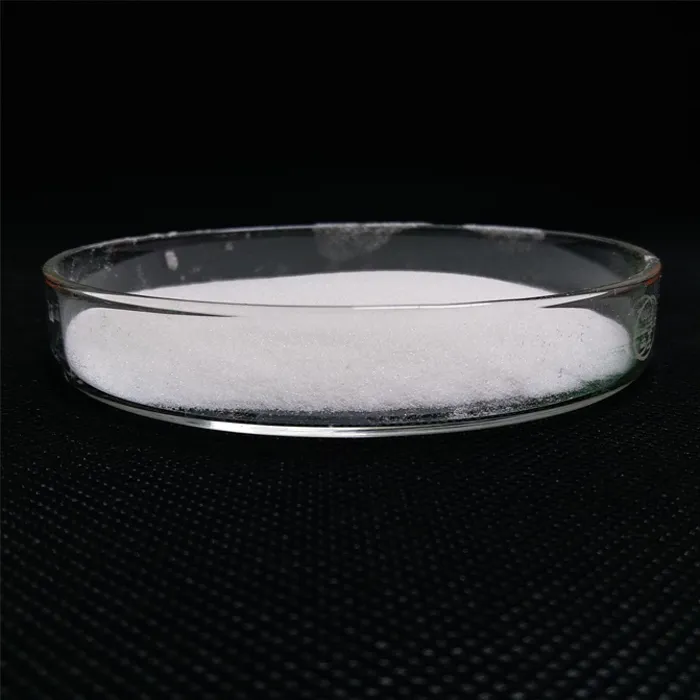The Importance of Neutralizer Water Treatment
Water is an essential resource for various applications, ranging from agricultural irrigation to industrial processes and domestic use. However, not all water is created equal. Many water sources contain impurities, excess acidity, or alkalinity, which can negatively impact both health and equipment. This is where neutralizer water treatment comes into play, providing a solution to balance pH levels and enhance water quality.
Neutralizer water treatment primarily focuses on correcting water's pH levels, which indicates its acidity or alkalinity. Pure water has a neutral pH of 7, but natural water sources can vary widely due to environmental factors, contaminants, or mineral deposits. Water with a pH below 7 (acidic) can corrode pipes and fixtures, while water with a pH above 7 (alkaline) can lead to scale buildup, affecting equipment efficiency. By utilizing neutralizers, water treatment systems can restore the pH to optimal levels, ensuring safety and sustainability.
One common method of neutralizing water involves the use of calcite or other media that can dissolve into the water, effectively raising the pH. This process is particularly useful for groundwater sources, which often have lower pH levels due to the presence of dissolved carbon dioxide and organic matter. By adding calcite to the water, the acidity is neutralized, and essential minerals like calcium can also be added to the water, providing additional health benefits.
neutralizer water treatment

Another widely used solution is the application of soda ash (sodium carbonate) for treating acidic water. Soda ash acts quickly to increase pH levels and is especially beneficial in industrial settings where large volumes of water are used. It is important to carefully monitor the dosage to avoid overshooting the desired pH, which can result in alkaline water issues. Additionally, this method helps prevent corrosion in pipes and equipment, ultimately extending their lifespan and reducing maintenance costs.
Neutralizer water treatment is not limited to adjusting pH levels; it can also help address specific contaminants. For example, in areas with high levels of heavy metals or other pollutants, neutralizing agents can form complex compounds that render these substances less harmful or easier to filter out. This dual action reinforces the safety profile of water being used for domestic or industrial purposes.
Beyond the technical aspects, the benefits of neutralizer water treatment extend to environmental sustainability. By ensuring that water is treated appropriately, we minimize the risk of pollution from poorly managed wastewater, which can leach harmful substances back into the environment. Moreover, neutralizer systems require relatively low energy inputs compared to more sophisticated treatment solutions, making them a cost-effective and environmentally friendly option.
In conclusion, neutralizer water treatment plays a crucial role in maintaining water quality by balancing pH levels and addressing contaminants. Whether for domestic use, agricultural purposes, or industrial applications, ensuring the safety and efficiency of water is paramount. As we continue to face challenges related to water scarcity and pollution, implementing effective treatment solutions like neutralization will be increasingly important as we work towards sustainable water management practices. By prioritizing water quality, we not only protect our health and environment but also conserve this vital resource for future generations.

